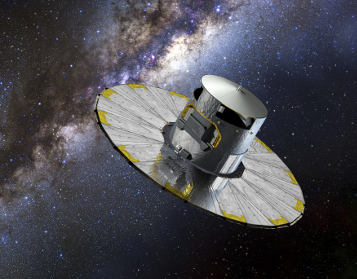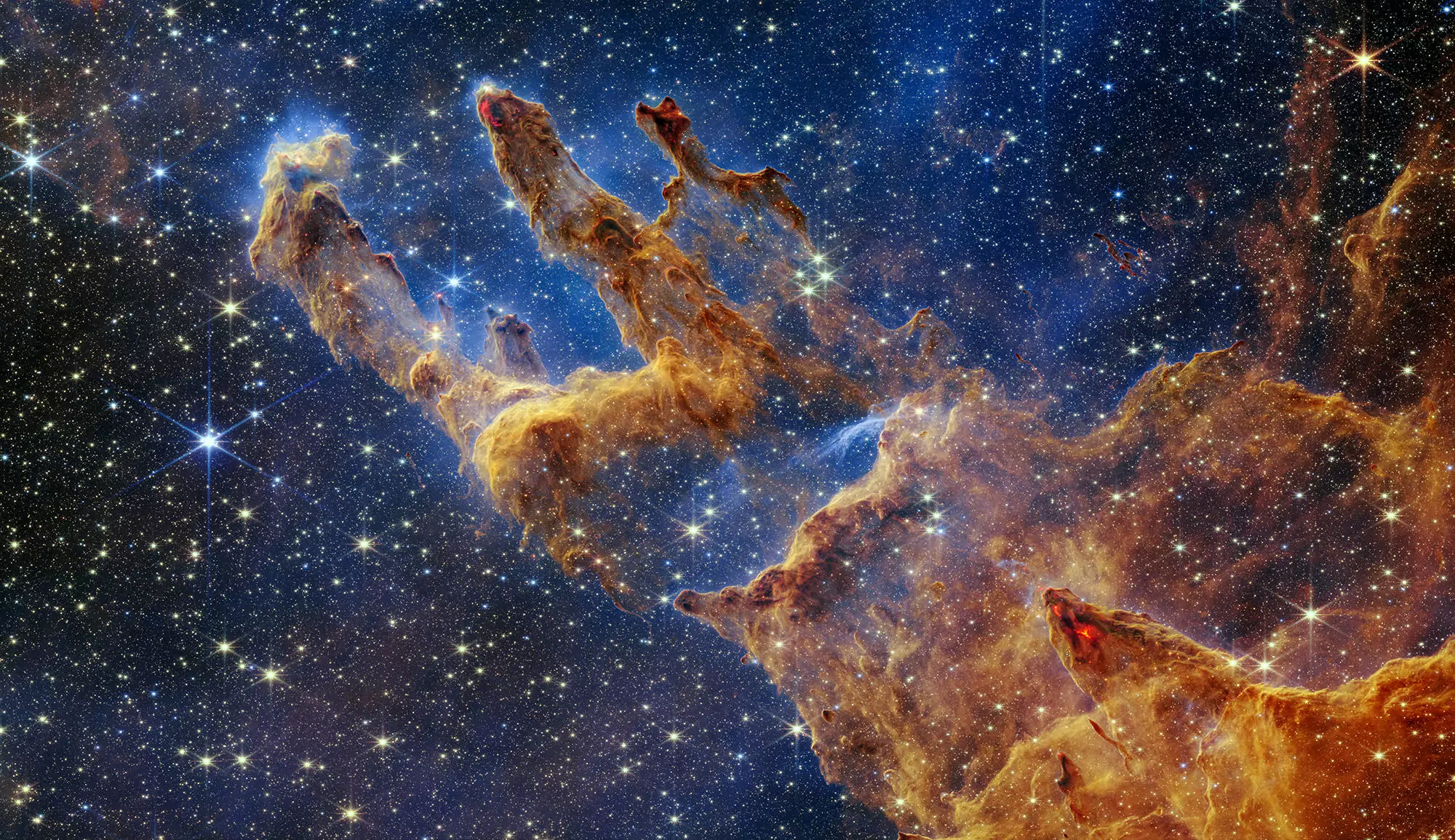
Since its launch in 2013, the European Space Agency’s Gaia space telescope has been recording the positions, distances, colors, and proper motions of stars for nearly two billion stars in our galaxy.
According to the American Astronomical Society in announcing the award, "the three Gaia data releases will long be regarded as major events in the history of astronomy, sparking a global partnership to better understand the origin, structure, and evolution of the Galaxy in which we live"

Find all Gaia catalog publication announcements on our site :
|
450 European scientists and engineers
Gaia data catalogs are produced by the "Gaia Data Processing and Analysis" (DPAC) Consortium, a collaboration composed of about 450 European scientists and engineers.
The Observatoire de Paris - PSL is strongly involved in the production of the catalogs, being in particular in charge of the processing of spectroscopic data as well as that of multiple stars.
"The AAS and the New York Community Trust extend their gratitude and congratulations to the hundreds of scientists, engineers, and support staff at the European Space Agency and far beyond for bringing this transformative mission to life. Gaia will forever remain a historic achievement in the history of human cosmic exploration ," commented the AAS vice presidents in a statement issued on November 9, 2022.
- Traveling exhibition available for loan "Gaia : le ciel en profondeur"
